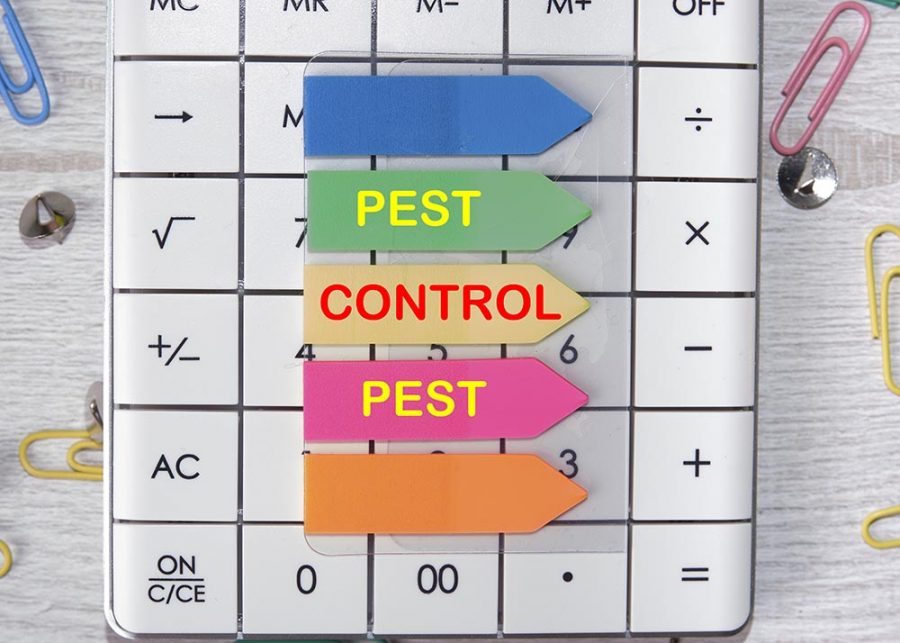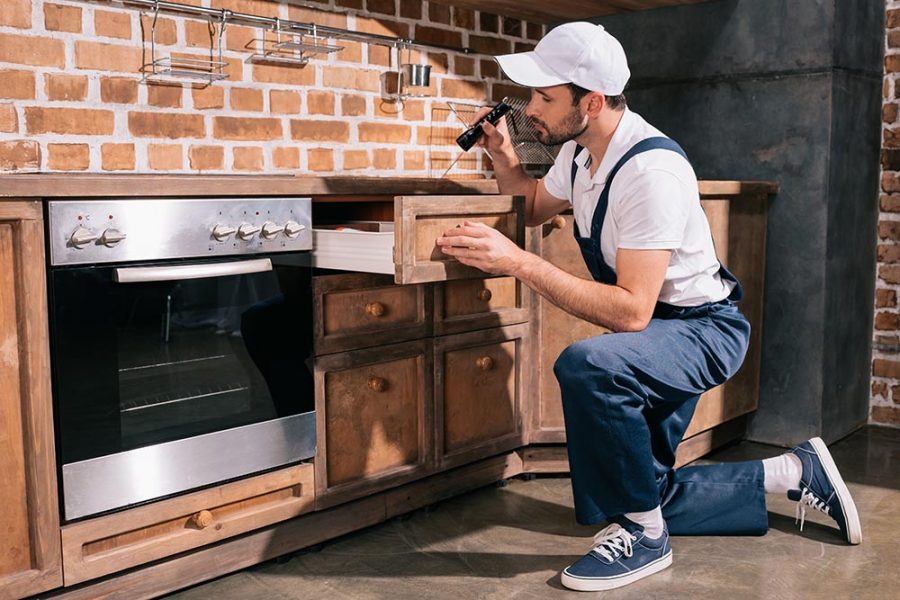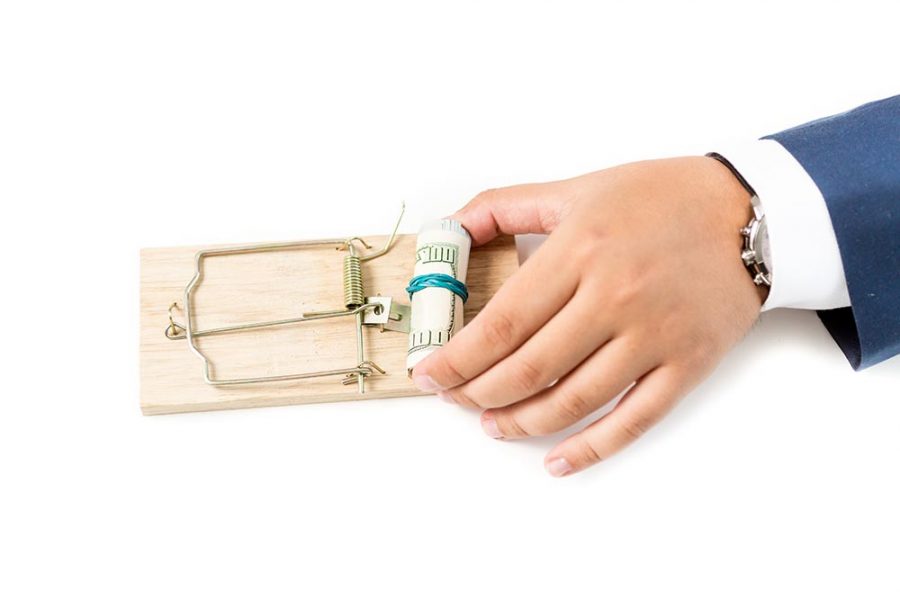How do I start a pest control business in Australia? How do I get a pest control Licence? What does a pest control technician do?

One thing that Australia has in abundance is pests. This gorgeous country provides an amazing quality of life, but there are a few drawbacks that come with it: having to share your home with legions of creepy crawlies. Fortunately, there are brave souls who stand on the front lines, putting themselves between the public, and the critters that would invade their homes: pest control experts.
If you feel like you have what it takes and want to start a pest control business in Australia, here’s everything you need to know.

How do I start a pest control business in Australia?
So, how does one start a pest control business in Australia? Here’s a step by step guide:
- Run feasibility study: Before you begin the process of setting up your own pest control business in Australia, first you should run a feasibility study. This means doing heavy research into your local area and gauging the competition:
- Is there a need for your services?
- How many pest control businesses are operating in the local area?
- How well-established are they?
- Get qualified: The first step to starting a pest control business is to obtain the relevant qualifications (unless of course, you are already a qualified pest control expert). This means completing a Certificate III in Pest Management through the appropriate institution. Once this is done you will be able to obtain a pest control licence (as detailed below).
- Design your business structure: Once qualified you will need to decide what type of business structure you want to be working with (e.g., Sole Trader, Partnership, Company, or Trust).
- Get insurance: One of the most important steps in this process is getting the appropriate insurance. That way, if in the event that you have an accident (e.g., spill hazardous chemicals), you will be able to cover damages without being personally liable to cover the costs. If you are starting a business and hiring employees, you will need to explore Worker’s Compensation Insurance and the relevant benefits.
- Invest in your equipment: Next, you’ll need to invest in all of the required equipment to carry out your duties as a pest control expert:
- Tanks and sprayers
- Vehicles and the necessary transport equipment
- Chemicals
- PPE (personal protective equipment)
- Traps, bait stations, cages, etc.
- All necessary office equipment
- Acquire clients: Once you are qualified, licenced, and insured, you have your business structure defined, and you’ve invested in all of the required equipment it’s time to start acquiring clients. You may want to focus on a specific area such as residential or commercial, allowing you to niche down. You should also consider taking the following to help generate leads:
- Word of mouth works very well
- Explore your online marketing options (SEO, Google Ads, etc.)
- Build a social media presence
- Create video ads
- Hand out fliers in your local area
- And so on.
How do I get a pest control Licence?
Anyone who intends to carry out pest control work for a fee must hold a valid pest control licence. If you fail to obtain a licence and perform pest control activities without a licence, you could face fines up to $5,000 AUD.
So, how do you get a pest control licence? The process varies slightly from state to state, but the principles are more or less the same:
- Contact the relevant controlled substances licencing department.
- Download the appropriate application form, complete it, and sign and date it.
- Lodge the form with the controlled substances licencing unit, including the specified fees.
- Provided you have followed the instructions carefully; you shouldn’t have any problems obtaining the appropriate licencing.
- Voila, you are good to start practicing pest control.
- [Source]

What does a pest control technician do?
What is involved in the job? What does a pest control technician do? In a nutshell, a pest control technician is a professional who is tasked with using a variety of pest elimination techniques in either residential, commercial, or industrial facilities. They are qualified to identify any pest problems and then prescribe the appropriate treatment in order to effectively remove the pests from the property.
You must be prepared to eliminate pests. For example, rat control involves extermination and removal. If this is something that you are uncomfortable with, pest control might not be the industry for you.
The full list of responsibilities includes:
- Inspecting a client’s property to identify the pest problem
- Determining the most effective means of treating the pest problem
- Advising the client accordingly
- Filling out all of the necessary paperwork once completing the assignment
- Communicating with office staff who are scheduling services with your clients
- Applying the necessary pesticides to infested areas safely and appropriately
- Responding to all client requests
- Identify any opportunities to upsell clients with additional services and products
- Adjusting chemical mixtures in accordance with the size of the infestation
- Drive from one location to another
Conclusion
And there it is. So, let’s summarise. If you want to start a pest control business you must:
- Carry out market research and gauge the overall viability of starting a pest control business in your chosen area.
- Get qualified.
- Obtain a pest control licence (via your state’s controlled substances licencing department).
- Choose your business structure.
- Get insured.
- Invest in your equipment.
- Start marketing your brand appropriately (look up SWAT Pest Control in Brisbane to see how it’s done).
Once you have set up your business, your duties will require that you be able to identify pest problems and understand how best to eradicate the problem for your customers. You will need to use a variety of chemicals and understand exactly how to administer them in the safest way possible.
We hope that you have found this article helpful and wish you the best of luck with your new business venture.















